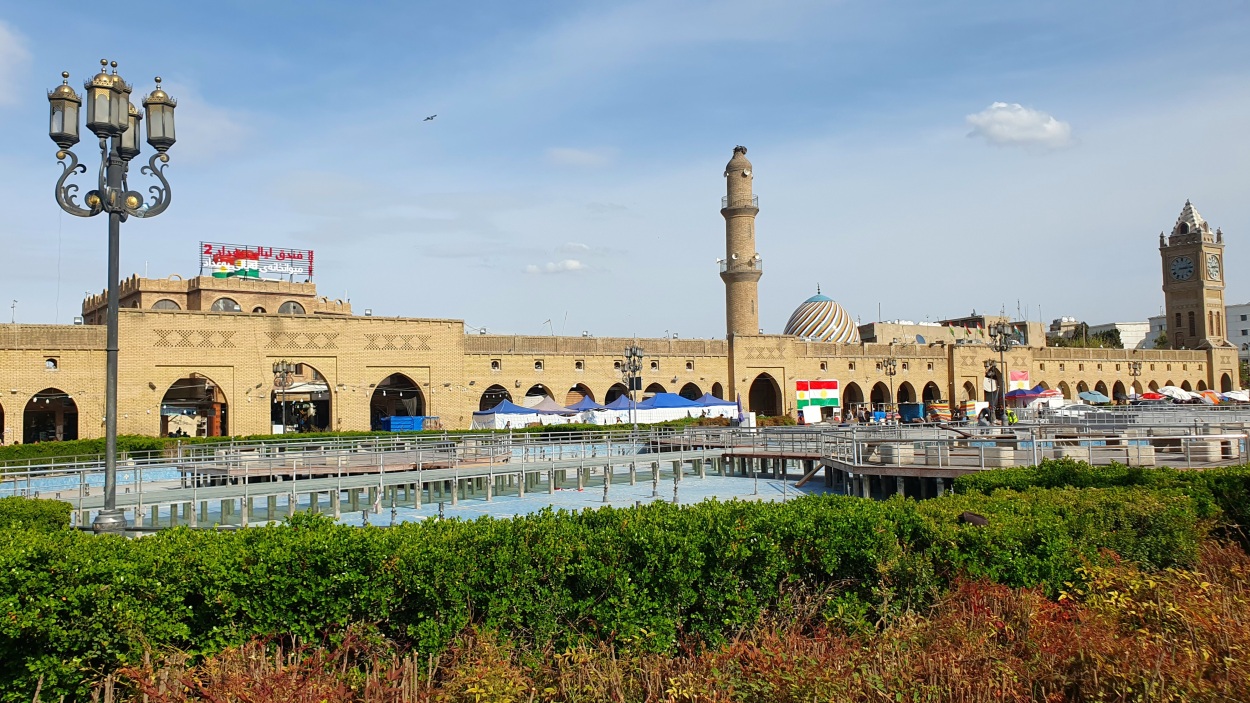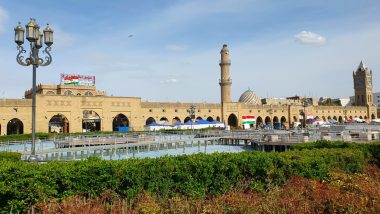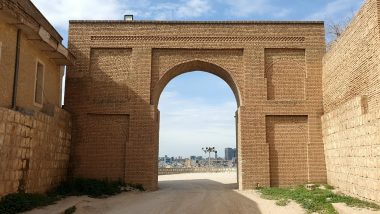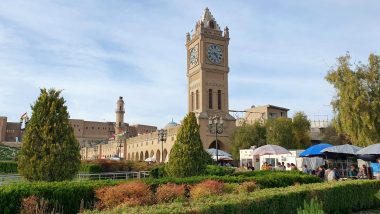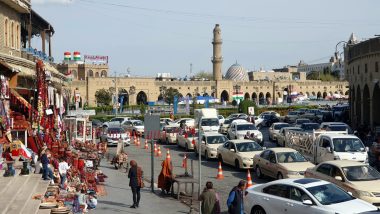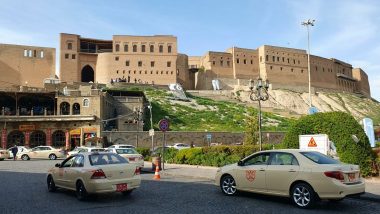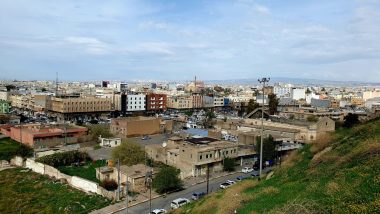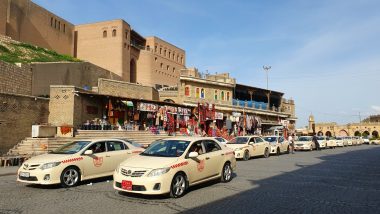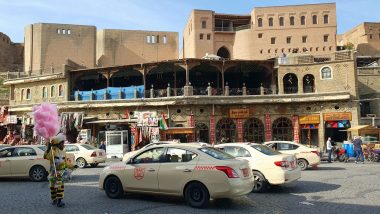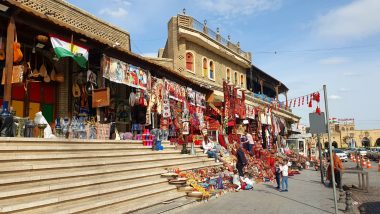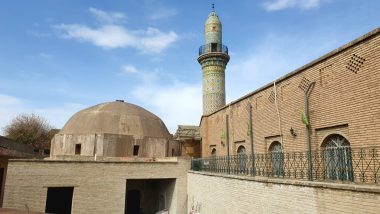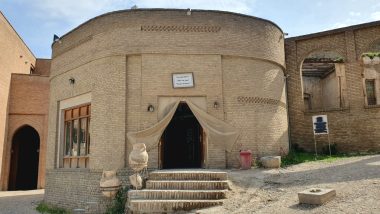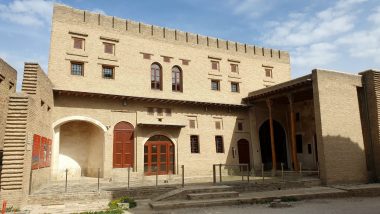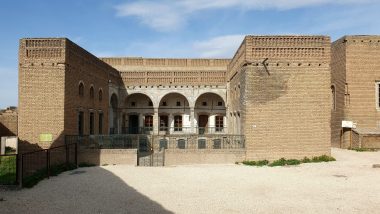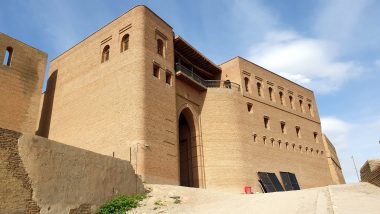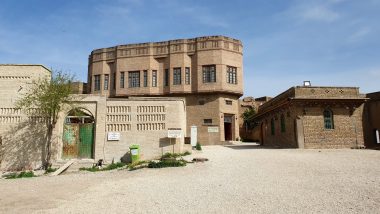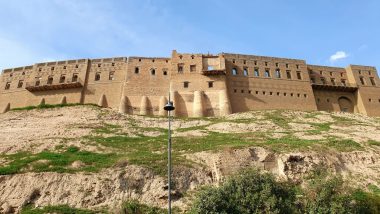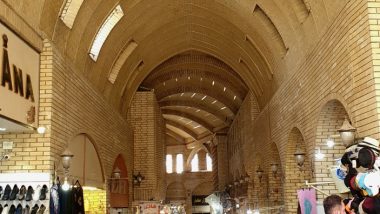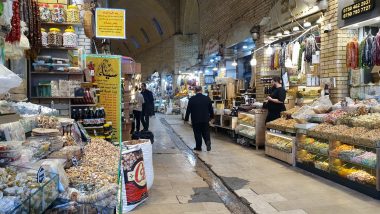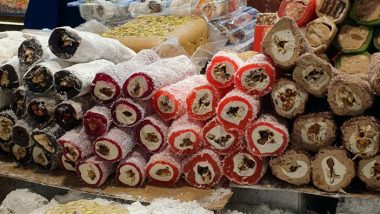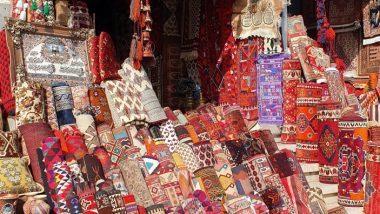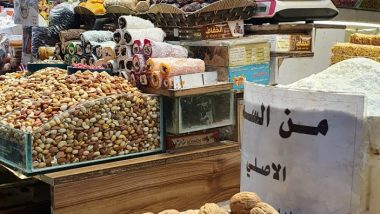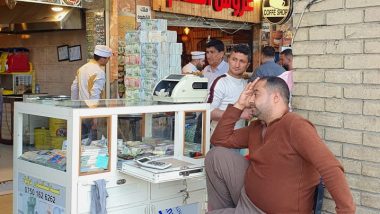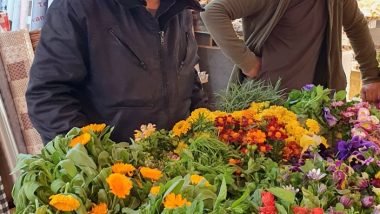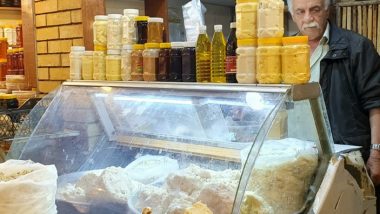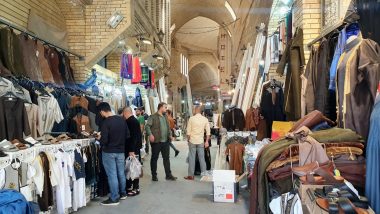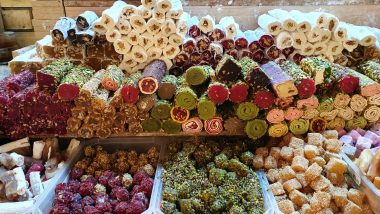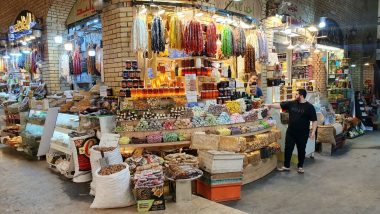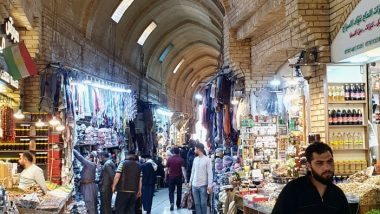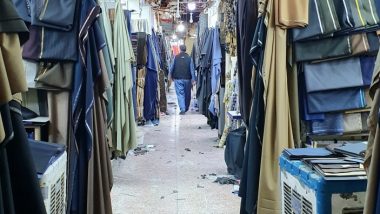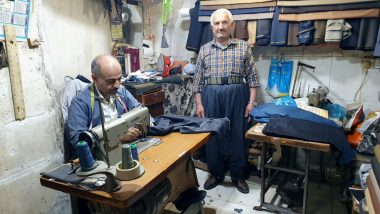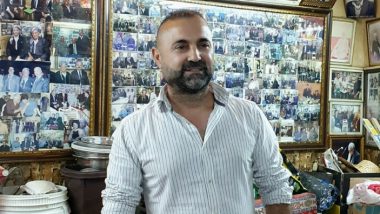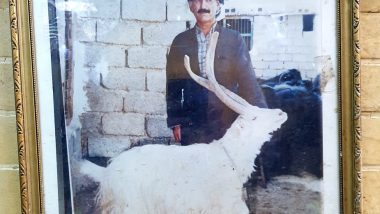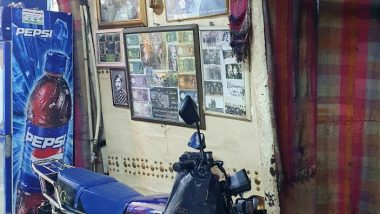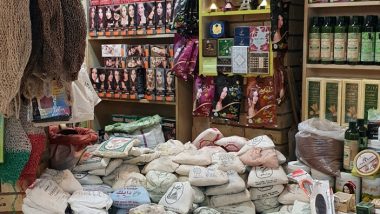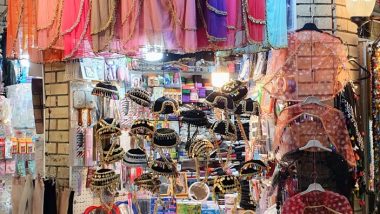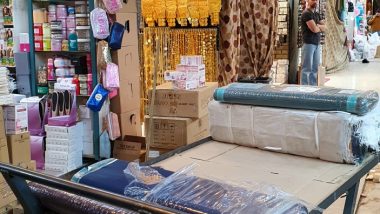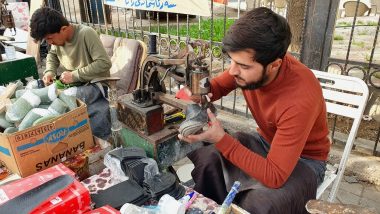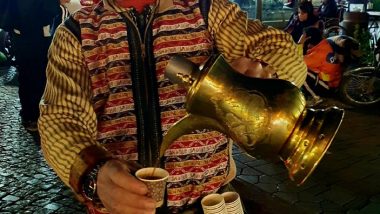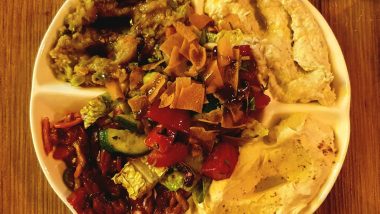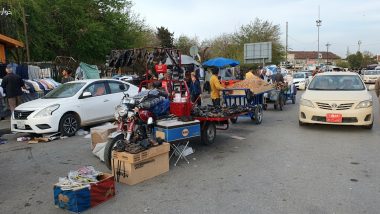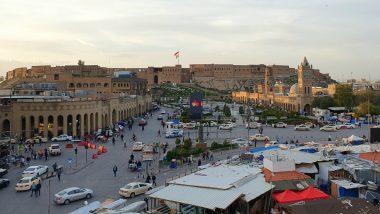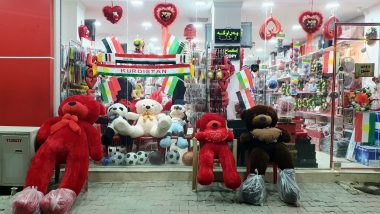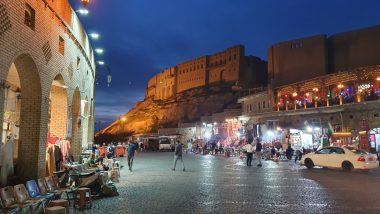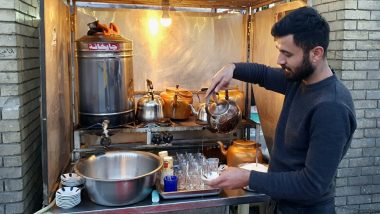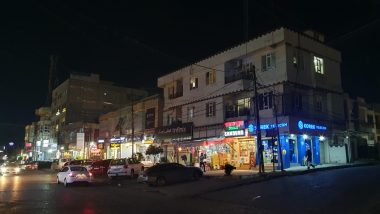We spent a few days in Erbil, one of the most ancient cities in the world, dating back at least to 2300 BC. Erbil has long been an important trade center, and It has been inhabited, over the millennia, by the Persians, Greeks, Romans, Mongols, and Ottoman Turks. It was already an ancient city when Alexander the Great famously defeated the Persian king Darius III some 50 miles (80 km) northwest of it at the Battle of Gaugamela, also known as the Battle of Arbela (Erbil), in 331 BC. The Muslims conquered Erbil in the 7th century, but it was not until Erbil was razed by the Turkic conqueror Timur (Tamerlane) in the late 14th century that it became largely Muslim. The city had already been superseded in economic importance by Mosul by the 1200s, but it remained an important regional center. Erbil has been the center of Kurdish culture in Iraqi Kurdistan and Kurdish politics. The Kurdistan Regional Government is based in the city, and the region’s affairs are governed here.
The city was primarily ignored under Iraqi rule after World War I and suffered greatly during the Kurdish struggle against Saddam Hussein in the 1970s and later. Saddam’s defeat at the end of the Persian Gulf War (1990–91) led to establishing of the autonomous Kurdish Regional Government (KRG) in northern Iraq. However, Erbil suffered economically due to the economic blockade imposed by Saddam and the UN sanctions against Iraq. From 1994–98 the city also suffered from internecine fighting between the two main Kurdish parties, Masoud Barzani’s Kurdistan Democratic Party (KDP) and Jalal Talabani’s Patriotic Union of Kurdistan (PUK).
In contrast to the horrific violence in Arab Iraq that followed the U.S.-led invasion in 2003, Erbil and the rest of the region, administered by the Kurdish Regional Government, have largely been spared. However, Muhammad “Sami” Abdul Rahman, a well-known Kurdish leader, and more than 100 other people were killed by a bomb that was detonated at an important reception in February 2004; Islamic extremists took credit for the atrocity.
Erbil is one of the safest cities in Iraqi Kurdistan, although the so-called Islamic State had advanced to less than 100 miles from the city’s outskirts.
At the center of the city rests the oval-shaped Erbil Citadel, an ancient structure that dates back to 2,000 BC. It has developed as generations have built houses and homes upon one another. These homes were made of mud clay bricks prone to disintegration in the sun and rain.
We have parked in Ankawa, the Christian part of Erbil, with modern malls, trendy restaurants, and boutique shops. For sightseeing, we took a taxi (8000 IQD) to Citadel and walked down around the main square and bazaar. In the evening, we usually took dinner in Ankawa; our favorite restaurants were the well-priced Prego (meals around 9000 to 14000 IQD) or expensive Dokaly (Grill mix – 18000 IQD, Glass of wine – 10000 IQD, Glass of beer – 5000 IQD) or fast-food type Fuul w Hummus (Hummus – 5000 IQD, Chicken shawarma with rice – 17000 IQD, Salad – 10500 IQD, Water – 1500 IQD, Lemon-mint juice – 3500 IQD). After dinner, we walked for a beer at Deutscher Hof (Pils or Weizen – 0,5 l / 11000 IQD) and after that went to “Original T-Bar” with a friendly staff, good DJ from 23:00 and drinks (Whiskey and coke – 12000 IQD, Heineken – 0,33 l / 11000 IQD, Plate with snacks – 2000 IQD).
Parking location – Erbil: 36.241239N 43.998394E (💦)


